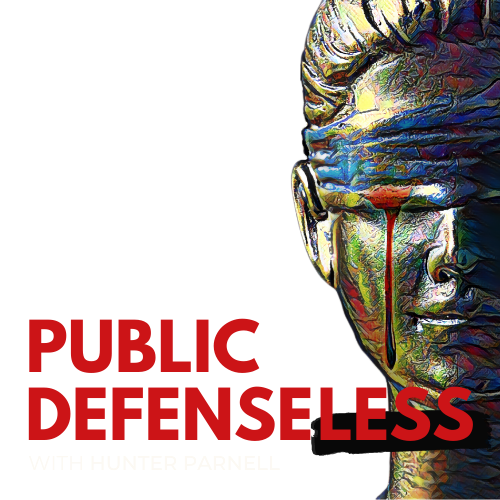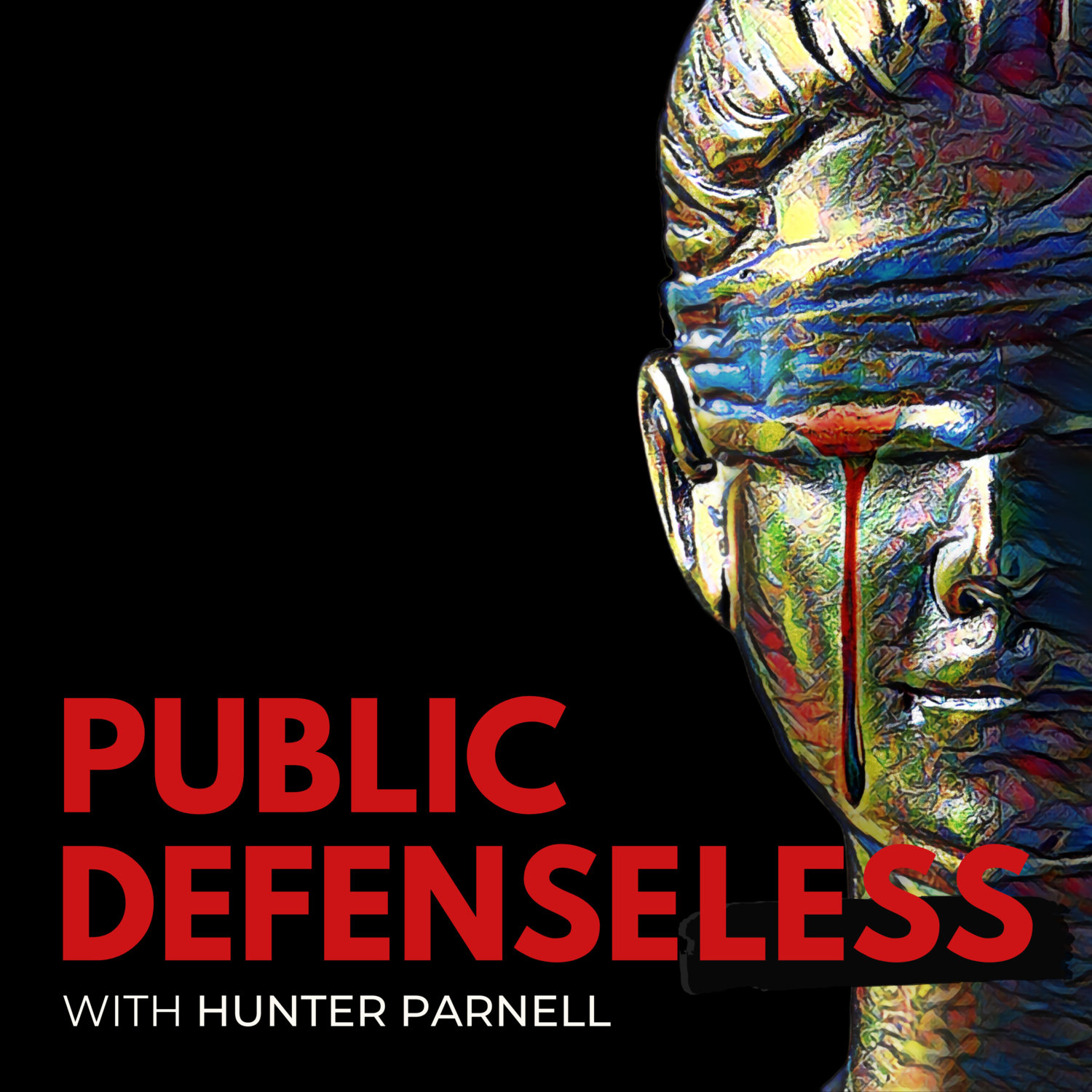What's Plaguing Public Defense in Oakland County Michigan and New Hampshire? w/David Carroll
Why are some state’s public defense systems so strong while others are so weak?
This week, Hunter speaks for a second time with David Carroll, the Executive Director of the Sixth Amendment Center. David highlights a handful of reports that his organization conducted in an attempt to improve the public defense systems of many different states.
First, David talks about Oakland Michigan, a now strong system because of the Sixth Amendment Center’s findings. Then, he’ll go into a weaker system—New Hampshire. Taking you through the ins and outs of this complicated government, you’ll learn exactly why change in this state has been so difficult.
Hunter and David end the episode by delving into the Illinois and Lake County, California reports and how the Sixth Amendment has improved the systems in these locations as well.
This episode highlights the fact that systems can still be bad even with well-intentioned individuals at the helm. However, David will instill you with true hope that positive change is on the horizon.
Key Topics/Takeaways:
Qualifications and independence for attorneys in Oakland. [15:53]
Attorney compensation in Oakland. [21:45]
Recommendations and results in Oakland. [33:20]
The structure of indigent defense in New Hampshire. [41:33]
Attorney compensation in New Hampshire. [54:04]
Non-lawyer prosecutors. [59:19]
The nonprofit state public defender and conflict system. [1:07:20]
Caseloads in New Hampshire. [1:10:17]
Recommendations for New Hampshire. [1:17:23]
The Illinois report. [1:24:28]
The Lake County, California report. [1:32:21]
A 2022 public defense wrap up + David’s hope for the future. [1:38:47]
Guest:
David Caroll, Executive Director, Sixth Amendment Center
Resources:
Sixth Amendment Center Reports
Memorable Quotes:
“Systems in America, whether that be indigent defense or otherwise, do not need to have a bad person running them for them to fail. In fact, it can be even more difficult for well-intentioned people to correct a system that they are responsible for because it is so much harder for them to see past their own good intentions.” (2:40, Hunter)
“People don't even see it anymore. It's ethical blindness right in front of them. And so it takes a group like ours to come in and hold a mirror up and say, no, look at what's actually playing out in all these things.” (24:43, David)
“Now that we've solved the compensation issue, once those plans get implemented and in place, once caseloads can be enforced, I think Michigan's well on the way to being one of the better systems in the country.” (39:28, David)
“I think a lot of people that want criminal justice reform think that criminal justice systems were rationally constructed. Like someone sat down and said, this is the best way to do it for us. And it's absolutely not the case. It's just piecemeal.” (1:08:22, David)
“I am hopeful. I am the eternal optimist. You can't be doing this work for over 25 years and not be hopeful.” (1:39:10, David)
Contact Hunter Parnell:
hwparnell@publicdefenseless.com

